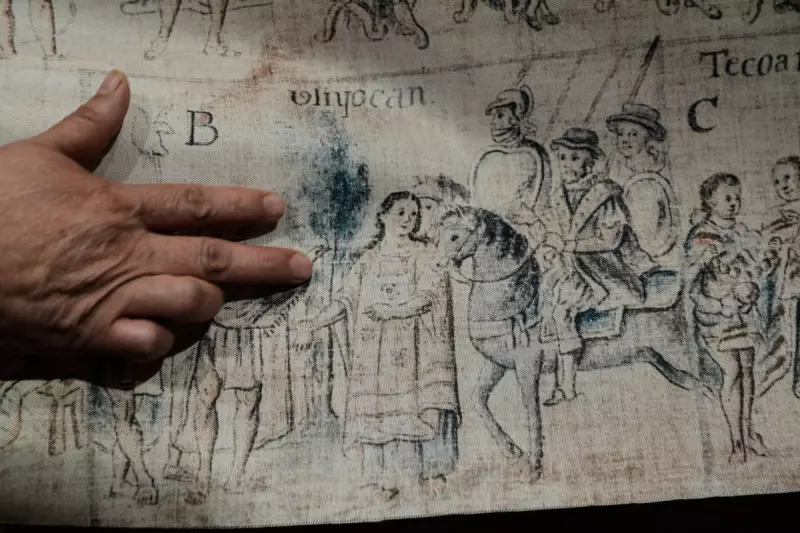
In a landmark moment for Mexican politics, Claudia Sheinbaum has shattered centuries of political tradition to become the nation's first female president. Yet her victory coincides with a profound national conversation about another transformative woman in Mexican history: Malinche, the indigenous interpreter and consort to Spanish conquistador Hernán Cortés.
A Legacy of Contradiction
Malinche, born Malinalli and known also as Doña Marina, occupies one of the most complex positions in Mexican historical memory. For generations, she has been branded as "la traicionera" - the traitor who facilitated the Spanish conquest of the Aztec Empire.
"She's been made into this archetype of the treacherous woman, the violated woman, the victim," explains historian Margo Glantz, whose recent work 『The Traitor』 re-examines this controversial figure. "But reality is far more nuanced."
Between Survival and Collaboration
Historical records suggest Malinche was born into a noble family but was sold into slavery as a child, eventually becoming Cortés's interpreter and bearing his child. Her linguistic skills proved crucial during the conquest, but her motivations remain hotly debated.
Modern feminist scholars have begun reclaiming Malinche's story, framing her not as a traitor but as a survivor navigating impossible circumstances. This reinterpretation comes at a pivotal moment as Mexico prepares for its first female president.
Sheinbaum's Historic Victory
Claudia Sheinbaum's election represents a seismic shift in Mexican politics. A climate scientist and former mayor of Mexico City, her victory by a significant margin marks both a triumph for women in leadership and a continuation of the current administration's policies.
Yet her achievement inevitably invites comparison to Malinche's complicated legacy. Both women broke gender barriers in their respective eras, and both face scrutiny about their relationships to power structures.
Redefining National Identity
The timing of this historical reckoning is particularly significant. As Sheinbaum prepares to assume office, Mexico is grappling with questions about national identity, colonialism, and the role of women in shaping the nation's destiny.
Professor Gisela Heffes of Rice University notes that Malinche represents "the mother of the mestizo nation" - the mixed-race population that constitutes modern Mexico. This reframing challenges traditional narratives that painted her solely as a villain.
A New Chapter for Mexican Women
Sheinbaum's presidency offers an opportunity to re-evaluate not just political leadership but historical interpretation. The parallel conversations about Mexico's first female president and the re-examination of Malinche's legacy suggest a nation ready to confront complex truths about its past and future.
As Mexico stands at this historical crossroads, the stories of these two transformative women - separated by five centuries but connected by their impact on the nation's identity - continue to shape understanding of what it means to be Mexican, and what role women play in that evolving definition.





